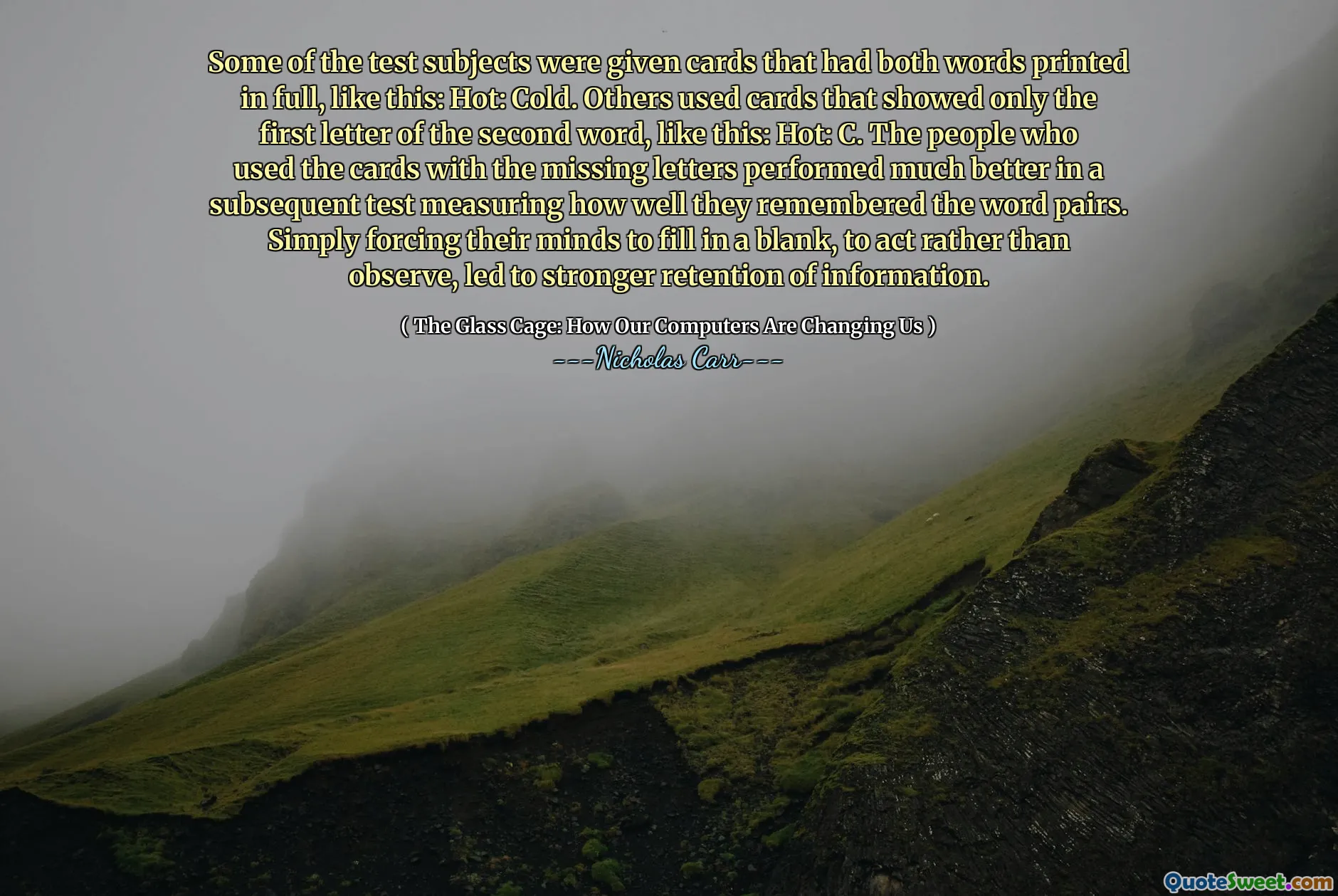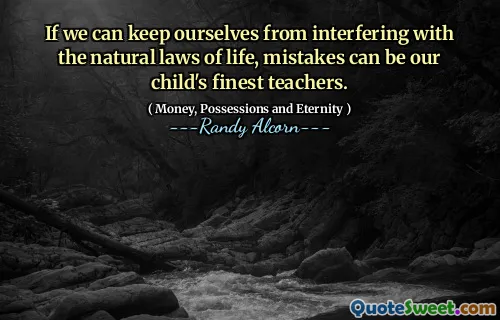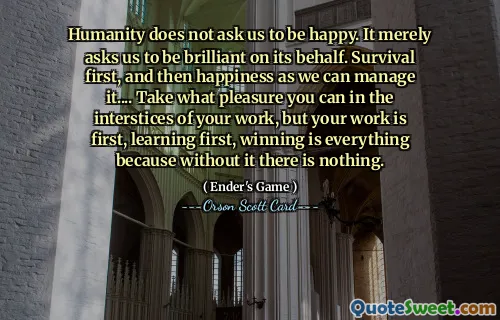
Some of the test subjects were given cards that had both words printed in full, like this: Hot: Cold. Others used cards that showed only the first letter of the second word, like this: Hot: C. The people who used the cards with the missing letters performed much better in a subsequent test measuring how well they remembered the word pairs. Simply forcing their minds to fill in a blank, to act rather than observe, led to stronger retention of information.
This passage highlights an insightful principle about learning and memory: active engagement fosters deeper retention than passive observation. When individuals were challenged to complete the word pairs by filling in missing letters, they moved beyond mere recognition to recall and reconstruction. This cognitive effort sparked stronger neural connections, leading to better memory performance. It resonates profoundly with educational theories such as the "testing effect," where retrieval practice enhances long-term learning more effectively than simple exposure. This suggests that taking an active role in processing information—not just receiving it—is crucial in solidifying memories and understanding. In today's world, inundated with instant information and touch-screen convenience, the temptation is to remain passive consumers of content. Yet the quote signals a fundamental truth: our brains are tuned to retain knowledge best when we struggle just enough to piece things together ourselves. Therefore, embracing challenges, engaging actively with material, and forcing ourselves to 'fill in the blanks' are essential strategies not only for learning but for maintaining cognitive vitality. This aligns with the broader explorations in Nicholas Carr's "The Glass Cage," where he contemplates how our reliance on automation might dull the mental faculties that thrive on active involvement. Ultimately, this experiment reminds us that true knowledge emerges not through effortless reception but through mental effort, participation, and sometimes discomfort.




